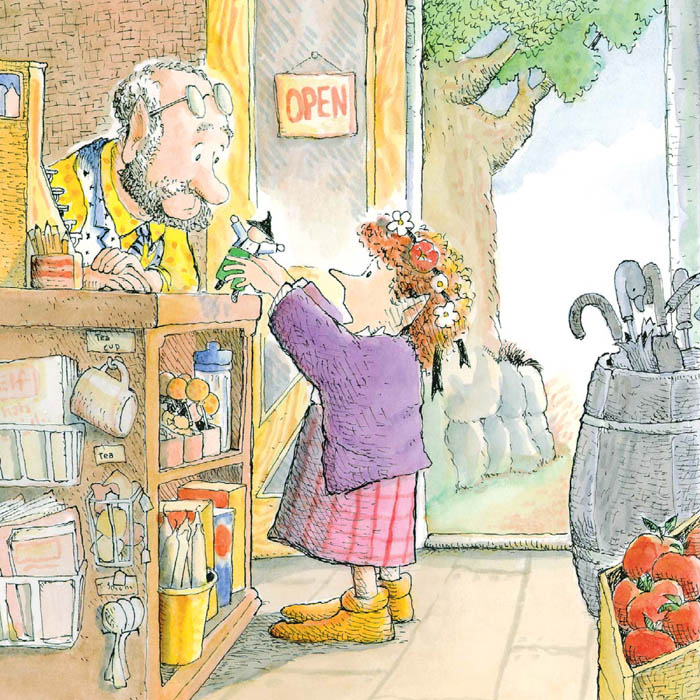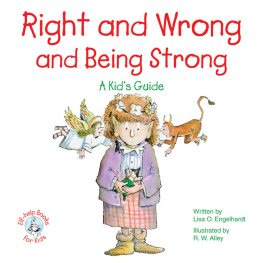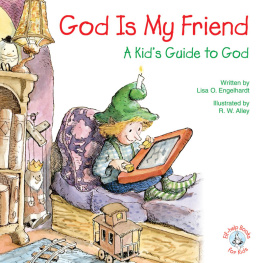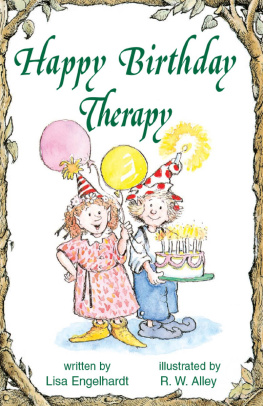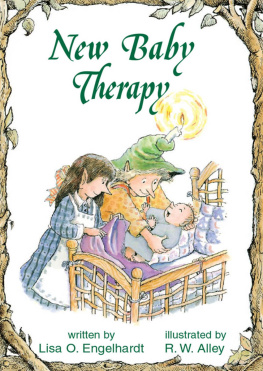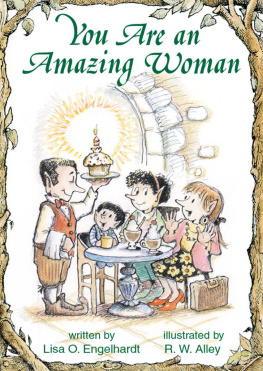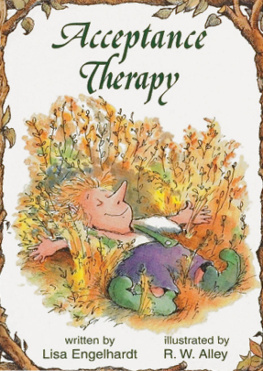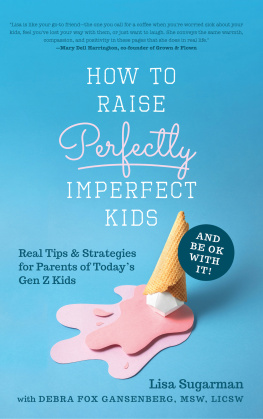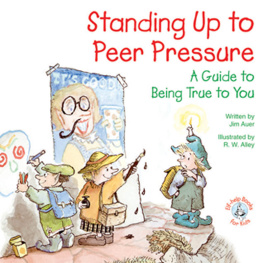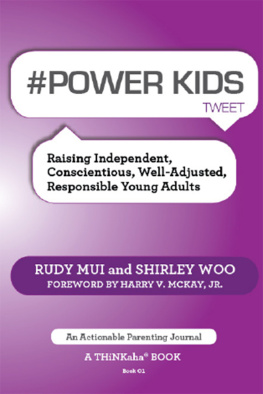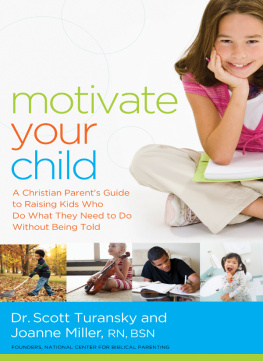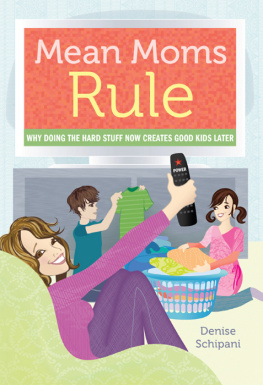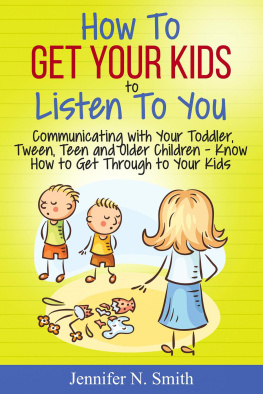Right and Wrong and Being Strong
A Kids Guide
Lisa O. Engelhardt
Illustrated by R. W. Alley

Abbey Press
For Ted, Jeff, and Laura
A Message to Parents, Teachers,
and Other Caring Adults
Kids are works in progress. They arent born knowing right from wrong. Somehow, over the years, we hope to guide them to become respectful, responsible adults.
In order to instill a healthy sense of right and wrong in children, we need to understand that they go through several stages of moral development. Very young children tend to believe, Whatever I want is fair. They can learn to do whats right, though, to please adults and stay out of trouble. Early-elementary children consider, Whats in it for me? They may begin to embrace the concept of Do unto othersmainly because they believe in rigid fairness. Kids in mid-to-upper elementary grades begin to guide their actions by social approval. High-schoolers finally start to achieve a sense of self-respect and respect for keeping the system working smoothly. Ideally, children evolve into grown-ups who can judge various life situations according to a well-informed moral sense of right and wrong.
While we cant necessarily control when and how children will move through each stage of moral development, we can steer them in the right direction. Families and classrooms can focus on a few, firm, clear rules, with immediate and consistent consequences. Adults also need to catch kids in the act of doing rightsharing, empathizing, using good judgmentand praise them for it. Most important of all, we need to be aware of the messages our own actions are sending.
Yes, children will take a zigzag course toward moral virtue (some more than others), but the set of values handed down to them will be the anchor that holds them steady, especially during the turbulent teens. Guided by our own moral convictions, and with generous helpings of patience and persistence, we can give our children a solid sense of right and wrong. May this little book open the door to healthy, helpful discussion between you and the children in your care.
Lisa O. Engelhardt
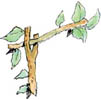
Right and Wrong, Win and Lose
I f you have ever watched a game show, you already know something about right and wrong. The player who answers wrong loses the game. The player who answers right wins.
R ight and wrong in life is a little bit like that. When you do a wrong thing, somebody losesyou or someone else. When you do the right thing, everybody wins.
I f you grab the joystick away from your brother, he loses his spot at the computer. You lose something, too the chance to be fair and kind. But what if you take turns or play a game together? Then you both win!
H eres another way to look at it. What if everybody in the whole world did this thing? For example, what if everybody in every restaurant in the world shot paper wads out of their straws. Would the world be better or worse?

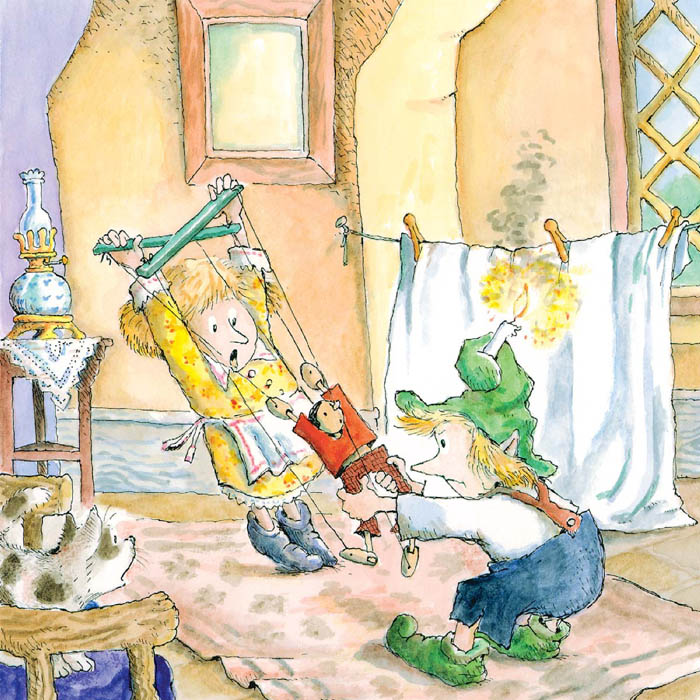
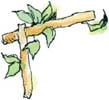
Telling Right From Wrong
P robably the simplest way to tell right from wrong is to ask yourself: Will this hurt someone, maybe even myself? Will it hurt someones feelings or things? If so, then its the wrong thing to do.
I f a girl kicks you on the school bus, its wrong to kick her back, because it would hurt her. (You know this, because it hurt when she kicked you!)
W hat if you tore her notebook to get back at her? Wrongbecause you would hurt something that belongs to her.
W hat if you said, I dont like being kickedplease dont do it anymore? Right! This helps to stop the problem without hurting anyone or anything.

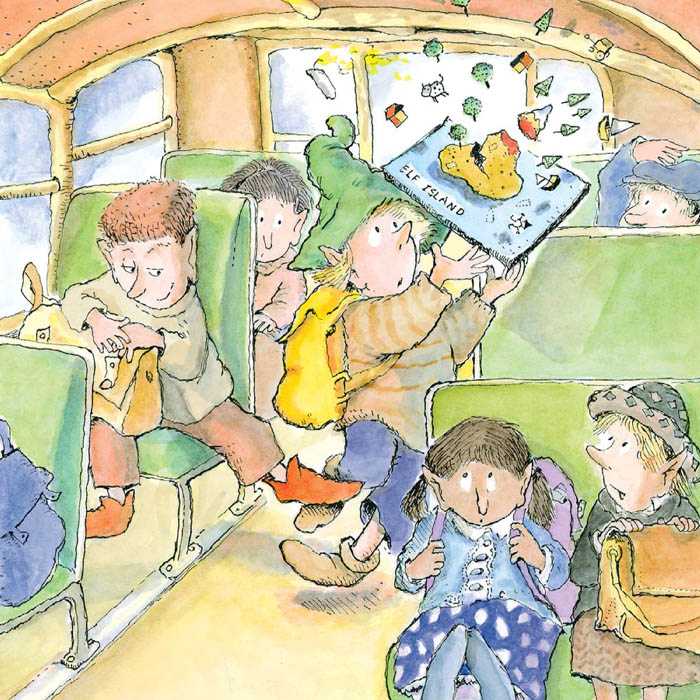
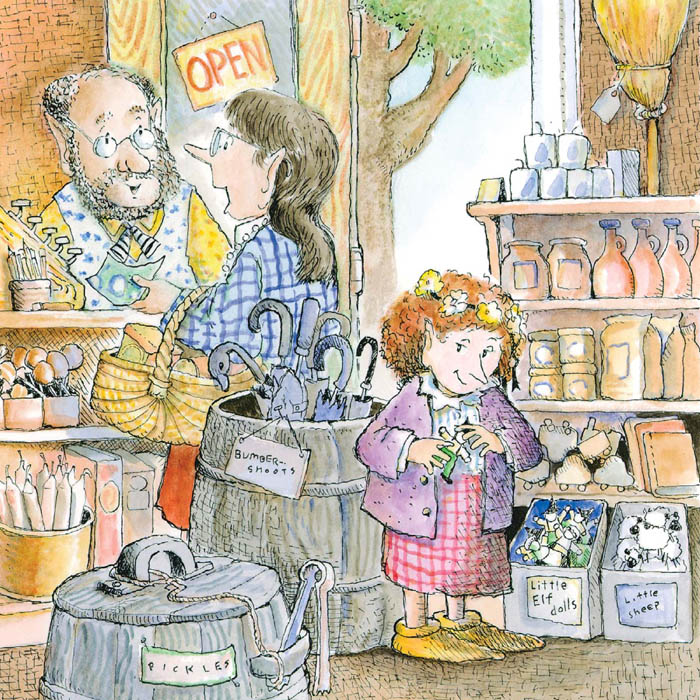

Obeying the Rules
Y ou have rules in your home and classroom to help you to know whats right and wrong. If you disobey those rules, there will be some kind of penalty, like a time-out or an early bedtime.
B ut what if you do something wrong and dont get caught? Lets say you eat some junk food right before dinnertimeand nobody sees you. Does that make it okay?
N o. Just because you get away with something does not mean its right. You have still hurt somebody. In this case, you have hurt yourself, by spoiling your appetite.
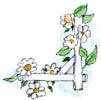
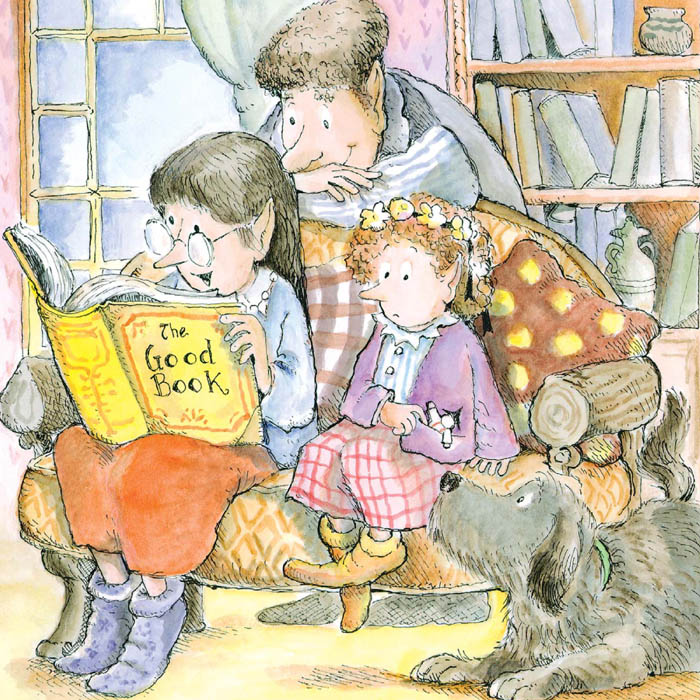
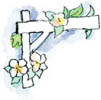
Doing Right
W e want to do the right thing because we dont want to hurt anyone. We want to treat others the way we would like to be treated.
T he holy writings of every faith talk about how to be a good and loving person. They tell us to help others, be kind, share, and forgive.
T hey also tell us that God loves every single one of us. God wants us to love each other. If we hurt someone else, or ourselves, we hurt God. When we do something wrong, its like turning our back on God.

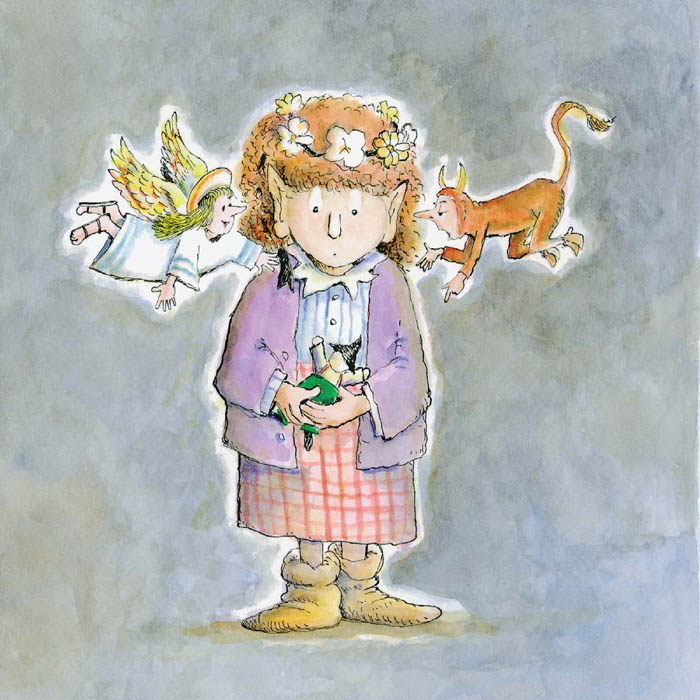

Your Conscience
Y ou may have seen cartoons where someone is trying to make a decision. A little angel stands on one shoulder, telling the person to do the right thing. A little devil stands on the other shoulder, telling the person to do the wrong thing.
T hat doesnt happen in real life, of course. But your conscience is a little bit like that angel. Your conscience is a feeling inside of you that helps you to do the right thing.
W hen you do something wrong, it might bother your conscience. You may feel guilty or ashamed, and wish you hadnt done it.

